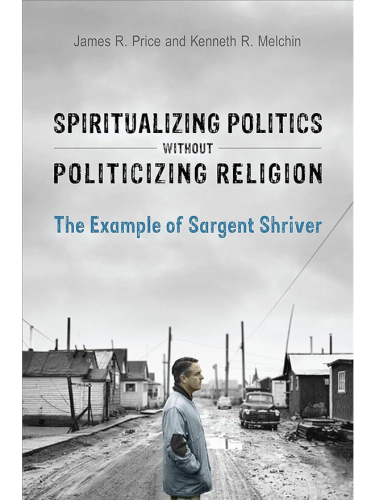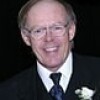Spiritualizing Politics without Politicizing Religion: The Example of Sargent Shriver
by Jamie Price, Ph.D and Kenneth R. Melchin
The clash of religion and politics has been a steady source of polarization in North America. In order to think wisely and constructively about the spiritual dimension of our political life, there is need for an approach that can both maintain the diversity of belief and foster values founded on the principles of religion.
In Spiritualizing Politics without Politicizing Religion, James R. Price and Kenneth R. Melchin provide a possible framework, approaching issues in politics via a profile of Sargent Shriver (1915-2011), an American diplomat, politician, and a driving force behind the creation of the Peace Corps. Focusing on the speeches Shriver delivered in the course of his work to advance civil rights and build world peace, Price and Melchin highlight the spiritual component of his efforts to improve institutional structures and solve social problems. They contextualize Shriver’s approach by contrasting it with contemporary, landmark decisions of the US Supreme Court on the role of religion in politics. In doing so, Spiritualizing Politics without Politicizing Religion explains that navigating the relationship of religion and politics requires attending to both the religious diversity that politics must guard and the religious involvements that politics needs to do its work.







